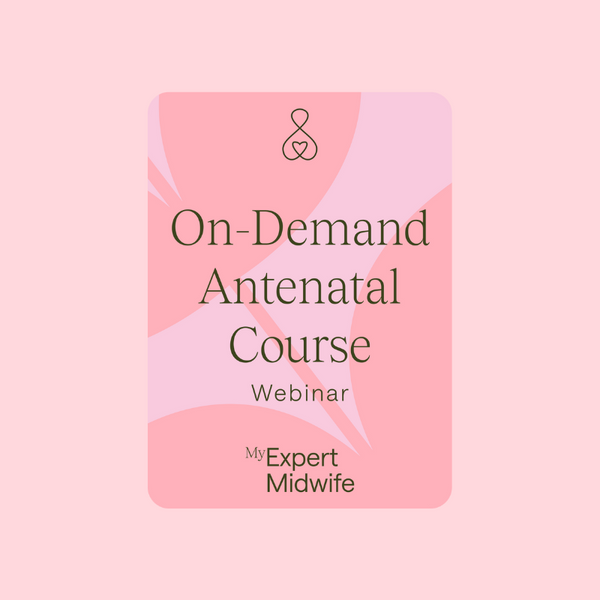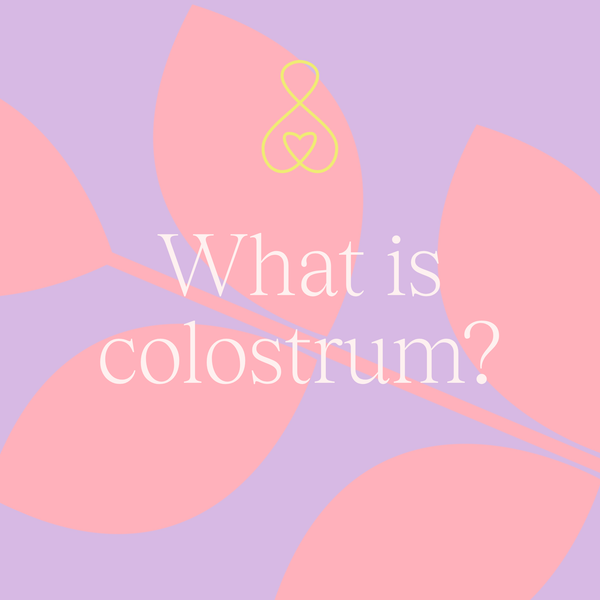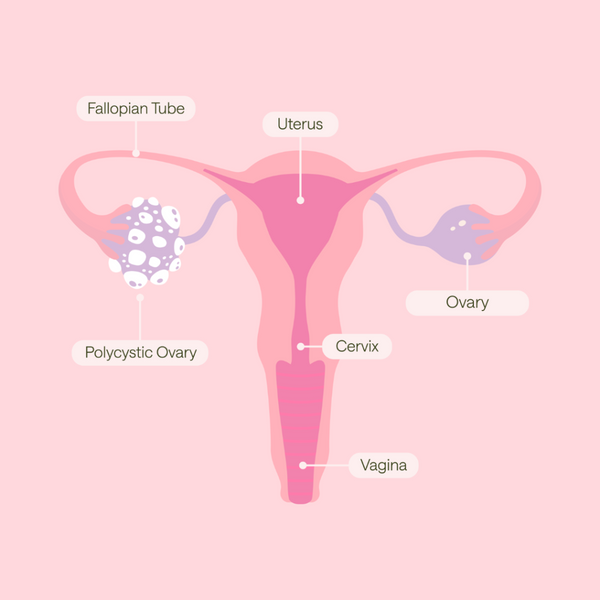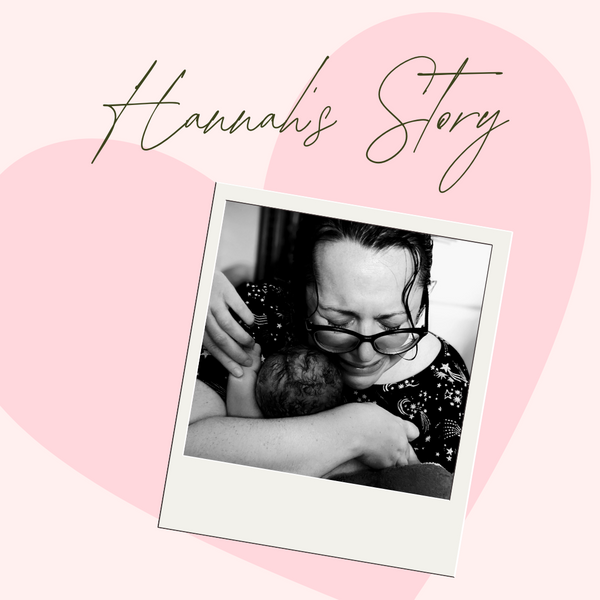Birth Trauma: what is it and what can I do about it?
What is Birth Trauma?
Nearly half of all women experience some form of physical or emotional distress during childbirth and to varying degrees. For some women, their experience may be viewed by those outside their personal one as a positive and fulfilling experience, but for them, is marred by a lack of control or pain. For those women, how they give birth isn’t important it is how they feel during their experience and afterwards that matters. More rarely, and in its severest form, around 4-5% of women giving birth will develop Post Traumatic Stress Disorder (PTSD), that’s around 25,000 – 30,000 women per year in the UK.
For those affected, severe symptoms vary from intrusive thoughts, flashbacks, panic attacks, nightmares and may leave you feeling hypervigilant, jumpy and easily startled. You may also find that you suffer with insomnia, anger, guilt and distrust, especially those involved in the trauma, including your partner and family.
What can cause Birth Trauma?
Why do some women who experience the same type of birth have vastly different experiences? Well, we need to break it down into a few categories: control; expectations; support; and knowledge.
Control can be as simple as being in control of where you would like to birth. For many women, choosing and completing a birth plan is the first step on that journey to explore what birth is and what choices they have, allowing them to explore all aspects of birth and what they would and wouldn’t like. Unfortunately, whilst we can prepare for some things, others are outside of our control, like emergencies. Emergencies are rare, but with adequate knowledge and education beforehand it can minimise the negative impact they have.
Expectations for your labour and birth are usually led by births that you have witnessed, heard about, read about or watched. If those births you hear about aren’t realistic or give inaccurate, outdated or irrelevant information you may find that your expectations are quite different to the reality of giving birth.
Support from not only your partner, but your maternity team can be the difference between a wonderfully empowering and enjoyable experience and a traumatic experience. Ideally, you want your birth partner to be fully aware of your hopes and fears for birth and to understand what you will need them to do in various scenarios. Likewise, a compassionate, understanding, empathetic and supportive midwife will make all the difference to your experience of birth.
Knowledge is all about doing your research before labour to make sure that you understand what labour and birth involves; the choices you have; the rights you have; and what happens when things don’t go to plan. Your birth partner would normally be part of that education and as with everything there are brilliant and terrible birth educators out there.
What can help to avoid Birth Trauma?
Knowledge is power – do your research but use reputable sources that are unbiased and cover all aspects of labour and birth and not just physiological or medical; you need a blend of the two for balance.
Invest in antenatal education from a variety of teachers: midwife/doctor led, layperson led, hypnobirthing – that should give you a rounded understanding of birth and how it unfolds without the tunnel vision or bias.
Choose the right birth partner and work with them during pregnancy to educate both of you; they are not simply there to cheerlead or ‘see their first birth.’ A birth partner is a vital but challenging role and they need to be educated on it too. Your antenatal education provider should include birth partner education within their classes or courses.
When it comes to empathetic and compassionate healthcare professionals (HCP), work is underway to challenge this, it will take time though. In the meantime, if you find yourself being cared for by someone who doesn’t exhibit the qualities expected you can ask the manager of the ward for a change of staff or ask your partner to this for you.
What can help to treat/manage it?
Psychological therapies (talking therapies) and medication, such as anti-anxiety or anti-depressant medications can all help, depending on your symptoms. Your first port of call will be making an appointment with your GP and this is one of the hardest parts. The symptoms may cause you to mask your true feelings or the severity of them and your partner may not know what to do, so here are some important pieces of information:
Your partner, family member or friend can all make that appointment for you and they can accompany you to the appointment. This is always helpful to make sure that you get the right treatment as they will be able to let the doctor know exactly what you’ve been dealing with. If you are a family member or friend of someone affected by birth trauma talk to them about the symptoms and treatment options and let them know that they aren’t alone with this.
Don’t avoid situations where you may be triggered; trigger warnings do more harm than good, be in control of when you are exposed to those triggers to help manage them.
As part of your plans for your next birth, ask your midwife or GP to refer you to a specialist team in your hospital that facilitate Trauma Informed Care, this will ensure that all your concerns, fears and wishes are explored and implemented by a dedicated team not only during labour and birth but during pregnancy and the postnatal period too. If your hospital doesn’t offer this service, consider changing your care to a different hospital that does.
How and where to get help?
Your NHS Maternity Team
If your birth was recent, you can ask the hospital you gave birth at to organise a Maternity debrief appointment, sometimes called ‘birth afterthoughts’ or ‘birth reflections’ appointment where they will go through your birth notes with you to give you a greater understanding of what happened and why and when and give you the opportunity to ask questions.
If you feel that your hospital may not be honest of transparent about what happened during your birth, you can also engage an independent midwife for this service and they will help you to get a copy of your notes from your hospital. This list of independent midwives is a great place to start (although not all midwives are registered with IMUK so an internet search for local midwives may also be useful).
NHS Talking Therapies
The NHS Talking Therapies, for anxiety and depression programme (formerly known as Improving Access to Psychological Therapies, IAPT) was developed to improve access to NHS recommended psychological therapies for those affected by depression and anxiety, and it's available locally.
Birth Trauma Association
The Birth Trauma Association is a charity in the UK solely dedicated to supporting women and families who have experienced traumatic birth, and you can find support through their website and dedicated Facebook page.
Pandas
Pandas are a charity raising awareness of and supporting those affected by Post Natal Depression (PND). Their support can be accessed through their website or by phone 0808 1961 776
Mind
Mind are another charity that offer support to those affected by birth trauma
Finally, if you or anyone you know are in need of urgent mental health support, you can attend any local Emergency Department or call your local crisis team (your local Emergency Department will have their contact details)


















